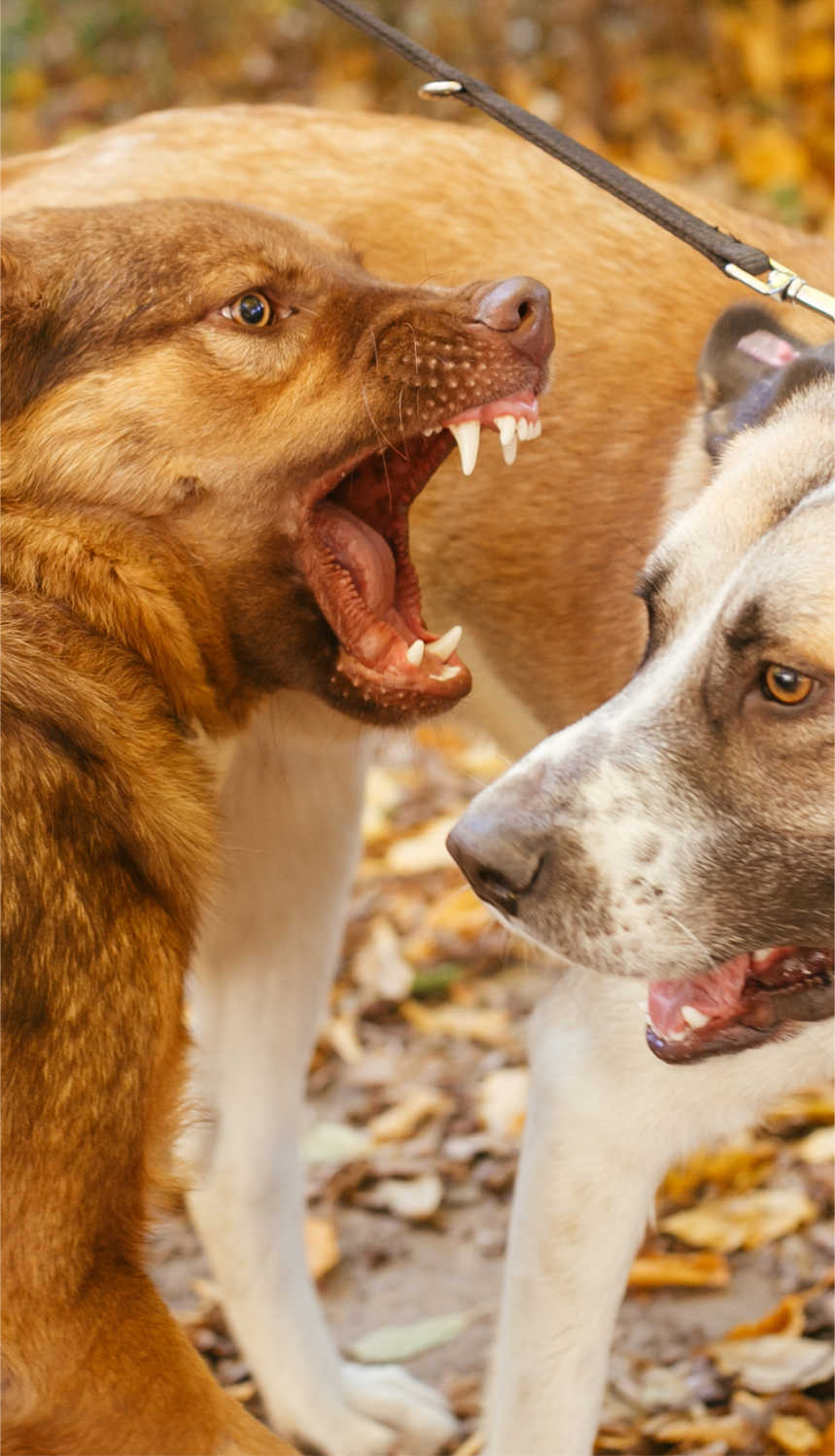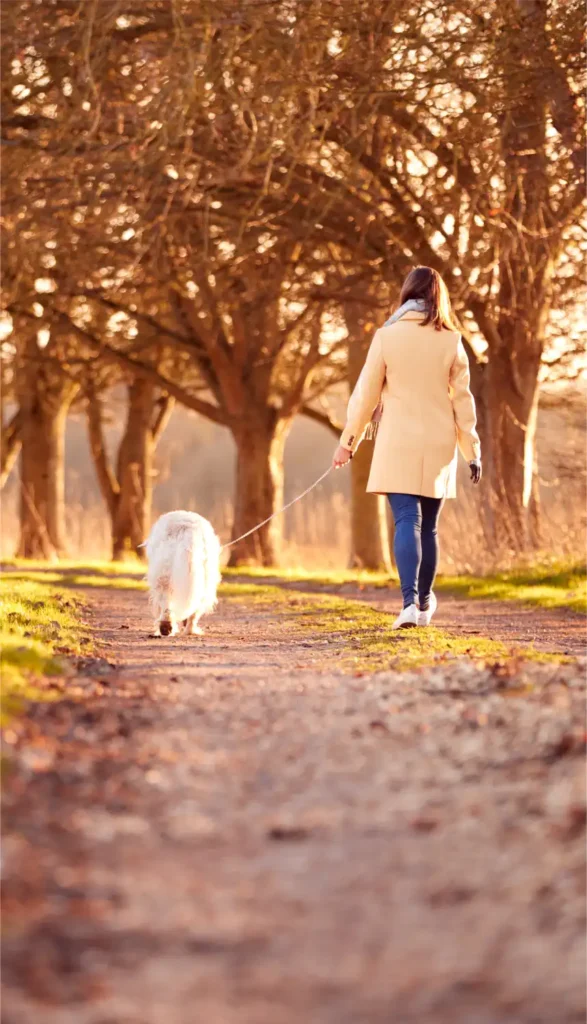
Dog Behavioural Training
Dog behavioural training aims to address long-standing behavioral challenges in your dog.
Behavioural training is tailored to rehabilitate dogs struggling with separation anxiety, aggression, or other behavioral issues.
This specialised approach works to effectively rewire a dog’s brain, helping them unlearn undesirable habits that have accumulated over time.

Assistance with unacceptable behaviour
Dog behavioural training starts with a consultation at your home to observe your dog in its natural environment.
We will discuss your dog’s behavioural problems and whether the issues you are experiencing are occuring within the home, or outside the house. If practical, we will demonstrate ways to change unwanted behaviour to something much more acceptable during your consultation.
Following your consultation, we will work with you to complete the plan designed to bring your dog’s behavour back to levels where you can enjoy each other once more.
Going forward, we also offer ongoing email support to our clients for the rest of your dogs life.
If you are experiencing any of the following behaviours towards other dogs or people, please get in touch. We are here to help both you and your dog.
- Aggression, on and off lead.
- Nervous, fearfull or anti social behaviour
- Fearful of sounds such as fireworks, thunder, traffic etc
- Coprophagia (eating poo)
- Separation anxiety
- Destruction
- Resource guarding
- Territorial aggression
- Attention seeking
- Barking excessively
IMPORTANT: If your dog is suddenly showing signs of aggression, you should contact your Vet to rule out any medical problems or injuries that may be causing your dog pain.

Your anxiety can affect your dog

Why behavioural dog training might be for you and your dog. As devoted pet owners, we often strive to provide the best care and companionship for our furry friends. However, there’s a subtle yet crucial aspect of pet ownership that might go unnoticed: the influence of our own emotions, particularly anxiety, on our beloved canine companions.
Studies and anecdotal evidence alike suggest that dogs can pick up on the emotional cues of their human counterparts. In other words, your anxiety might just be rubbing off on your four-legged friend. Have you ever considered that actions driven by your own stress could be impacting your dog’s well-being? Our dog behavioural training will highlight any potential issues.
Anxiety in dogs is not uncommon, and it can manifest in various ways, from excessive barking to destructive behavior. But what if we told you that your own anxious tendencies could be contributing to your dog’s stress levels?
Imagine this scenario: you’re out for a walk with your dog, and you suddenly encounter another dog approaching. Instinctively, you tighten your grip on the leash, your heart rate quickens, and your muscles tense up. What you might not realize is that your dog is tuning into these signals, interpreting them as signs of danger or threat.
By tightening the leash or displaying other anxious behaviors, you inadvertently communicate to your dog that there is something to fear. In response, your canine family member may exhibit a fight or flight response, potentially leading to aggressive behavior or heightened anxiety.
It’s essential for pet owners to recognize the interconnectedness of their own emotions and those of their dogs. While it’s natural to feel anxious in certain situations, being mindful of how our actions affect our pets is paramount.
So, what can you do to mitigate the transmission of anxiety to your dog? Firstly, awareness is key. Pay attention to your own emotional state and how it may be influencing your dog’s behavior. Practice relaxation techniques and stress management strategies to help keep your own anxiety in check.
Additionally, focus on positive reinforcement and reward-based training methods to build confidence and resilience in your dog. Encourage calm and relaxed behavior, and provide a safe and supportive environment for your furry companion.
Remember, as pet owners, we have a profound impact on the well-being of our dogs. By being mindful of our own emotions and behaviors, we can create a harmonious and stress-free environment for both ourselves and our canine companions.
